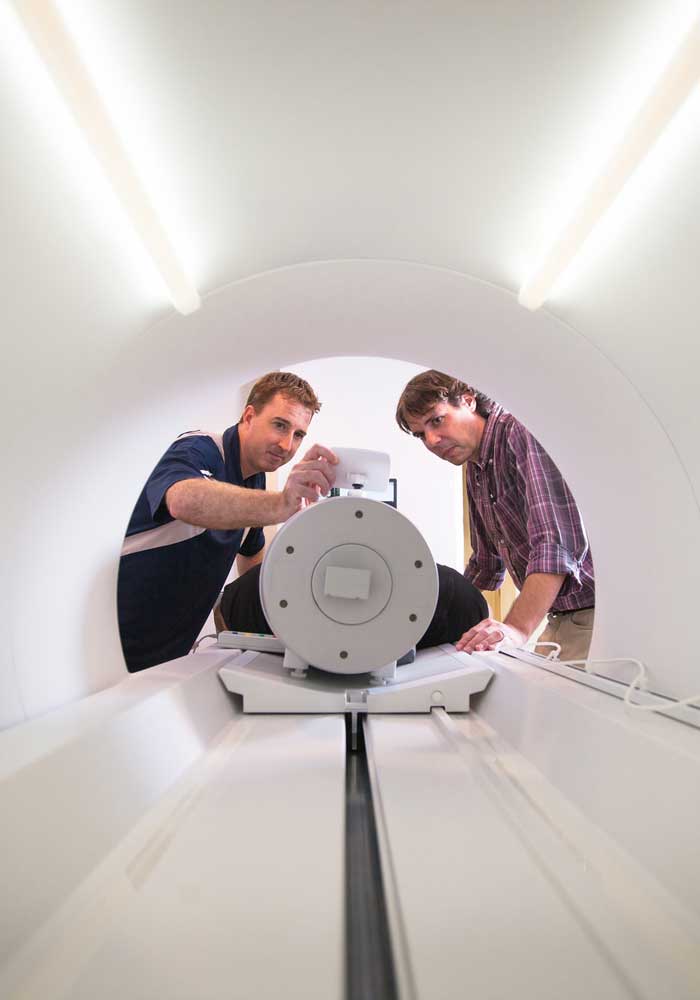2021 Research Opportunity Seed Fund proposals received by ORED will be reviewed by faculty panels as outlined in the original solicitation.
An overall priority score will be assigned to each proposal keeping in mind the following review criteria:
Significance and Innovation: Does this study address an important problem? Is the project original, multi/interdisciplinary and innovative? Does the project develop or employ novel concepts, approaches, methodologies, tools, or technologies? What will be the impact of these studies on the methods, technologies, treatments, services, or preventative interventions that drive this area of research? Do the proposed outcomes represent a new paradigm for concepts in this area of research? How does the project represent a new direction of investigation for the faculty involved, or is it a new collaborative partnership? If relevant, does the project have commercial potential? (Please note commercial potential is not required.) How does the proposed project address FIU’s strategic goals?
Approach: In what ways does the application represent a new conceptual/multidisciplinary approach to the identified problem? Are the conceptual framework, design, methods, and analyses adequately developed, well integrated, well-reasoned, and appropriate to the aims of the project? Does the applicant acknowledge potential problem areas and consider alternative tactics? Is the proposed timeline reasonable?
Likelihood of obtaining external support: Do the investigators present reasonable plans to garner extramural support from specific funding agencies? How well-aligned is the research project with priorities of these funding agencies.
Investigators: Are the investigators appropriately trained and well-suited to carry out this work? Is the work proposed appropriate to the experience level of the principal investigator and other researchers? Does the investigative team bring complementary and integrated expertise to the project? Is there evidence of the ability of the team of investigators to work together? In what ways does the Preeminent or Emerging Preeminent Program enhance the proposed work?
Research Environment/Facilities: Does the proposed study benefit from unique features of the scientific environment or employ useful collaborative arrangements? Do the key investigators have the additional resources (e.g., equipment) to successfully accomplish their goals?
Budget: Is the requested budget appropriate for the scope of work?
Definition of Multi-/Interdisciplinary:
(Wikipedia) “Multidisciplinarity is a non-integrative mixture of disciplines in that each discipline retains its methodologies and assumptions without change or development from other disciplines within the multidisciplinary relationship.
Multidisciplinarity is distinctly different from Interdisciplinarity because of the relationship that the disciplines share. Within a multidisciplinary relationship, this cooperation “may be mutual and cumulative but not interactive” (Augsburg 2005: 56) while interdisciplinarity blends the practices and assumptions of each discipline involved. http://en.wikipedia.org/wiki/Multidisciplinarity.
“An interdisciplinary field is a field of study that crosses traditional boundaries between academic disciplines or schools of thought, as new needs and professions have emerged. Interdisciplinarity involves researchers, students, and teachers in the goals of connecting and integrating several academic schools of thought, professions, or technologies — along with their specific perspectives — in the pursuit of a common task.” http://en.wikipedia.org/wiki/Interdisciplinarity
In the university setting, an ‘interdisciplinary’ project may create a new area of research/discipline (such as bioinformatics – the blend of biology and computational sciences – where both the biologists and computational scientists are stepping out of their traditional roles and developing new research), while a multidisciplinary project will have people from different disciplines working together to address different aspects of a project (e.g. an NSF IGERT proposal – curriculum is developed by the researchers as pertinent to the research fields, while assessment and evaluation are done by a separate group).



